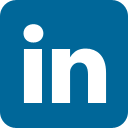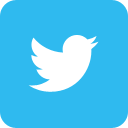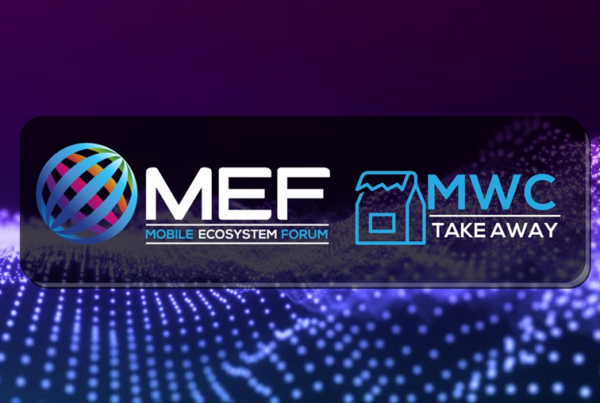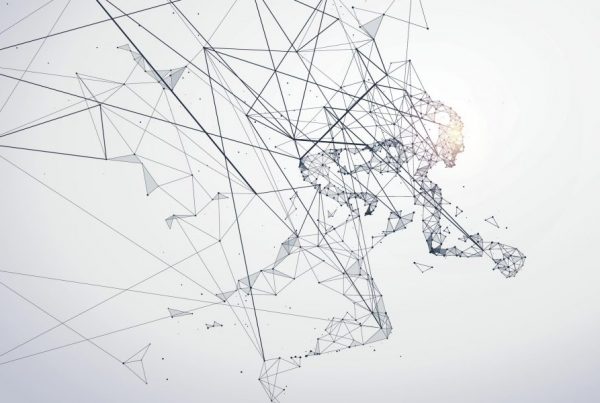The Indonesian mobile market is growing fast. Fuelled by a young, mobile savvy population, average data consumption is amongst the highest per user in the world. Here, Josh Spoelstra from Bango’s marketing team explores why that is the case.
Join MEF’s Asia chapter for its next exclusive networking event, the MEF Mixer Indonesia, supported by Bango and held on the first day of Mobile Money & Digital Payments Asia, in Jakarta on the 19 January, 2016.

Despite the app stores still being in their early stages of adoption in Indonesia, a loyal base of users who purchase regularly is developing. There is a key five per cent of users, who are responsible for over 60 per cent of all purchases made.
“If you’re building a global mobile app and you haven’t thought about reaching users in Indonesia, you might be missing out big-time” stated renowned tech journalist Abhimanyu Ghoshal in a recent TheNextWeb article.
The mobile data usage per smartphone user in Indonesia is already one of the highest worldwide, with a clear goal to building a mobile ecosystem for its young, mobile savvy and fast growing middle class population.
This plan has not gone unnoticed, with mobile giants such as Samsung and China’s Xiaomi already establishing themselves in the market and producing millions of devices in the country, with Samsung assembling 1.5 million handsets each month and Xiaomi currently setting up their production line.
Direct Carrier Billing (DCB) is a tool which has been essential and widely accepted in the early stages of app store progression. With Indonesia only having a 3.2 per cent credit card penetration, a vast majority of the population are limited for options or unable to participate with the app stores.
DCB allows these users to buy apps and make in-app purchases using their phone bill, taking away the barriers to entry. Bango has launched carrier billing for multiple operators in the market across the major app stores, including Google Play, Windows Phone Store, Samsung GALAXY Apps, BlackBerry World and BBM. This gives us unique insights into the purchase behavior of Indonesian app store users.
Data gathered using “Bango Boost” technology, shows the purchasing behavior and trends of Indonesian operators. Over a three-month period in 2015, 41 per cent of DCB users made at least one purchase, with the most popular price point being 59,000 IDR ($4.23).
In terms of volume, 12,000 IDR ($0.83) was the most popular price point. In this period, over 630,000 transactions were made through DCB on just one of the operators in the country, highlighting both the frequency of purchasing behavior and the importance of carrier billing to the app stores.
The top five most purchased items were all various in-app purchases from Supercell’s Clash of Clans, highlighting the current popularity of the game across Indonesia, showing similarities to Western markets where the game is also high in the charts.
Despite the app stores still being in their early stages of adoption in Indonesia, a loyal base of users who purchase regularly is developing. There is a key five per cent of users, who are responsible for over 60 per cent of all purchases made.
With smartphone penetration increasing across the nation, the volume of loyal and high value users looks set to rise significantly in the forthcoming months and years. Forecasts have predicted there will be more than 100 million active monthly smartphone users by 2018, becoming the world’s fourth largest market. On top of this, a booming middle class, heavy focus on telecommunications expansion and slow growth in credit card penetration all blend together as a hugely exciting mobile nation which is still far from its full potential.

Meanwhile, there is still a high proportion of users who are untapped in the app store market, with just over 40 per cent of customers on one operator not making any DCB purchases at all during the three month period. This is seen by app stores and operators alike as both a challenge and a hugely exciting opportunity to tap into a vast proportion of the population who are still not actively participating in what is already a thriving app market.
Josh Spoelstra
Marketing
Bango


Future market growth seems assured. 2017 looks set to be a definitive year for the long term expansion of Indonesia’s mobile market, with all wireless networks being upgraded to 4G speeds, which has a proposed budget of $4.5 billion. Additionally, 35 million smartphones will be produced across the country using a minimum of 30 per cent locally produced parts.
The potential of Indonesia’s mobile market is there for all to see. With growth rates unmatched by many other markets worldwide, and a young audience who are already heavily engaged in the thriving app store and mobile market, Indonesia is set to transform from an already lucrative market into a mobile-centric, economic powerhouse of a nation.




